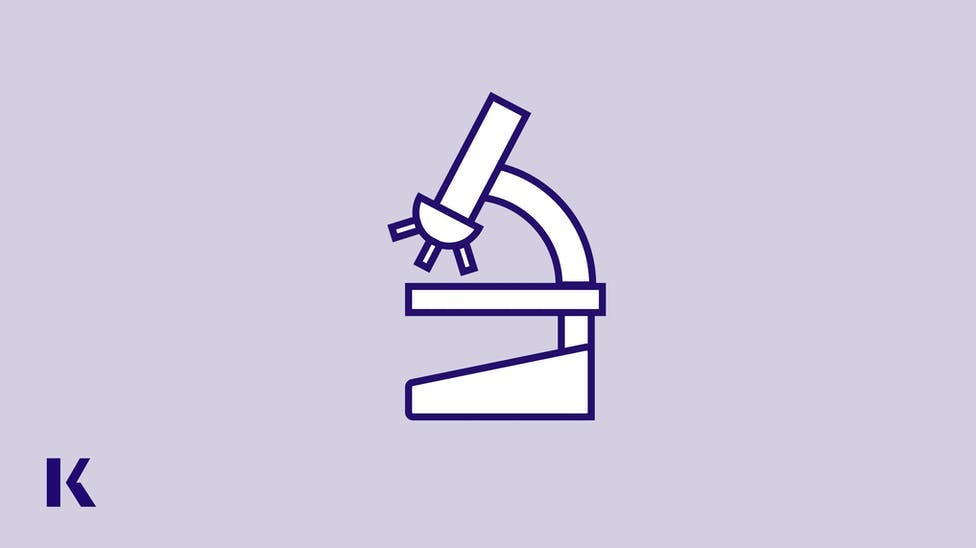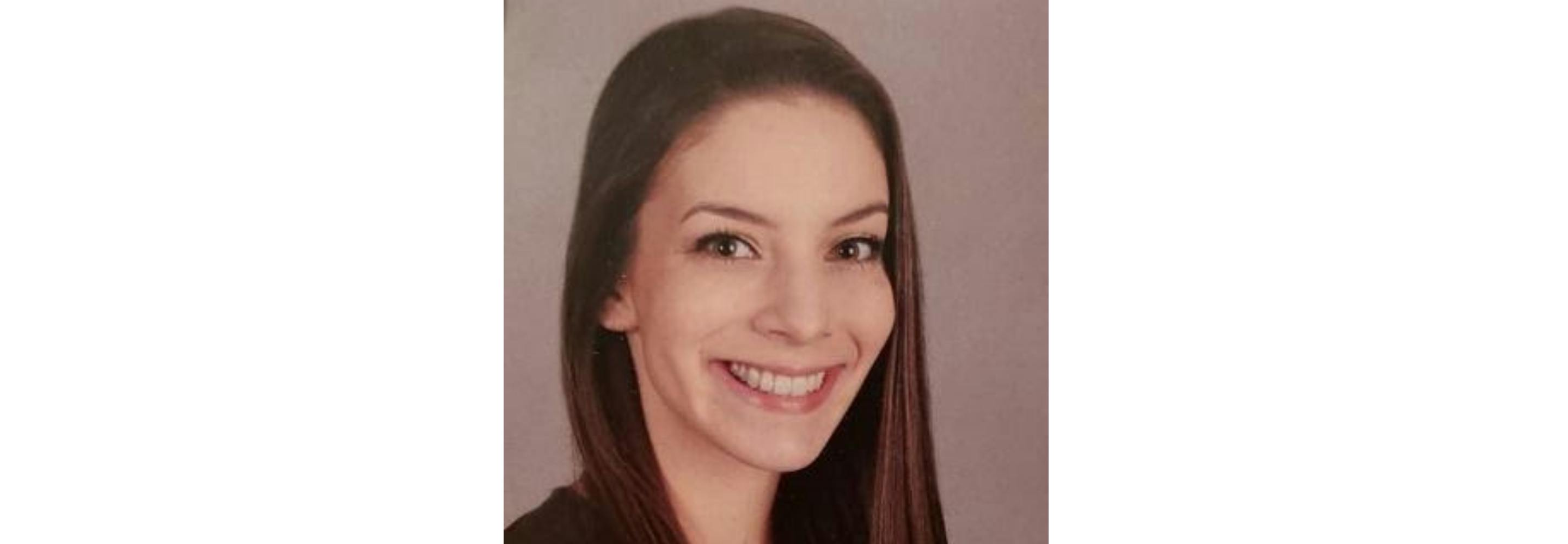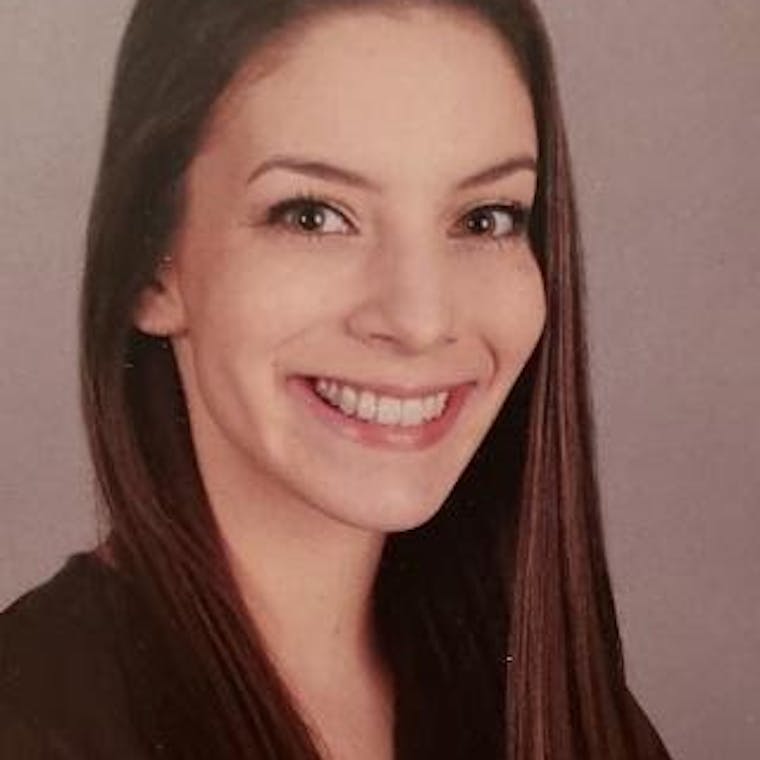Nightingale Challenge Nurse Educator Feature: Devon Darby MSN, RNC-MNN
by Devon Darby MSN, RNC-MNN, Assistant Professor of Nursing Programs, Santa Fe College | February 10, 2021

Throughout 2020―aptly named The Year of the Nurse―Kaplan was proud to participate in Nursing Now’s Nightingale Challenge with the aim of mentoring the next generation of nurse educators. We matched our Kaplan Educators with remarkable nurses from across the United States to provide leadership and development training in addition to monthly virtual meetings to discuss topics such as curriculum development, trends in teaching, the Next Generation NCLEX, overcoming professional challenges, and much more. Throughout this year, we are excited to share interviews with these Nightingale Challenge mentees. This month, we're pleased to introduce you to Devon Darby MSN, RNC-MNN, Assistant Professor of Nursing Programs, Santa Fe College.

TELL US ABOUT YOURSELF
I was born in Southern California but grew up in Fort White, Florida. I went to Florida Gateway College for my ASN degree and then completed my BSN and MSN degrees at the University of Central Florida. I have experience in medical/surgical, school, and maternity nursing. Currently, I am an Assistant Professor at Santa Fe College, where I am the co-lead of the Maternal Infant Nursing course and team-teach in various courses throughout the ASN curriculum. I live in Gainesville, Florida, with my husband and fur babies. We love living in such a diverse city with great museums, nature trails, festivals, and more!
What is your particular area of expertise?
My areas of expertise include maternal, neonatal and women's health nursing. I am also passionate about promoting evidence-based practices. I enjoy collecting and reading vintage nursing textbooks and learning how nursing and medical practices have changed throughout time. The oldest book in my collection was published in 1902! I love to incorporate information about past practices from the vintage textbooks into my lectures for students to help demonstrate the importance of EBP―when we know better, we do better!
Who or what experience inspired you to become a nurse?
My mother inspired me to become a nurse. Growing up with a nurse for a mother allowed me to learn more about the profession and over time, I became mesmerized by it. My mom cares for those in need and is someone that others trust. She is an advocate, a healer, and so smart! As a child, I wanted to be just like her when I grew up. To this day, I still strive to be the nurse that my mother is. My mother currently works as a nurse in a pediatric hematology/oncology office. I am so proud of my mom!
TELL US ABOUT YOUR EXPERIENCE AS A NURSE EDUCATOR
Why did you decide to pursue a career as a nurse educator?
I love empowering others with knowledge. While maternity care was my first love in nursing, I recognized how much I enjoyed teaching new parents and families how to care for themselves and a new baby. I also precepted nursing students and newly hired nurses on my previous maternity unit and realized how rewarding it was to share my passion and expertise with others.
I remember the joy I felt celebrating each small victory with my preceptees, whether that was with a little dance in the hallway after they gave their first injection or a high-five in the supply room after they inserted an indwelling catheter for the first time. As a nurse educator, I could be a safe space, advocate, and an encourager―all the things that I wanted in a preceptor as a student and new nurse. I felt that this role was a good match for me due to my love for nursing, learning, and building up others.
If you hadn’t become a nurse, what other profession would you have pursued?
Before becoming a nurse, I considered pursuing a career as a high school science teacher. I have always enjoyed taking science courses and had terrific high school teachers who further piqued my interest in both the subject and teaching.
What is the most rewarding aspect of your career?
There are so many rewarding aspects of this career! One of the most rewarding is watching students grow personally and professionally throughout the nursing program. Our students’ hard work and tenacity lead to better lives―for themselves, their families, and those in our community. Our students inspire me and are the reason why I do what I do!
Did you have a particularly inspiring nurse educator when you were in school?
Yes! Ms. Webb was an instructor who many in my class were initially intimidated by because she held students to such high standards. Eventually, we recognized that these high standards were making us better students and nurses. Even though she could be a tough clinical instructor, she had a good sense of humor.
For our skin lecture, she came in with pool floaties, a large sunhat, and sunglasses on, and with thick, white pasty sunscreen slathered on her face. That was one lecture I will never forget! Ms. Webb was a perfect balance of being stern when necessary and being fun and light-hearted when appropriate.
How can nurse educators best prepare students for the realities and rigors of nursing?
I believe that it is important for educators to be open and honest with students about their experiences, even the unpleasant ones. Nursing is a tough job, and not every shift will be delightful. Being aware of these realities will lead to less shock when encountering them in the future. We need to equip students with the resources, knowledge, and skills to deal with stress and difficult situations. It is also essential to teach students to advocate for their patients and themselves and act as an agent of change so that we can continue to improve the care patients receive and the environment in which nurses work.
In your opinion, why is it important to teach students to “think like a nurse?”
“Thinking like a nurse” means that one is not merely completing tasks but thinking critically and using past experiences to assess situations and prioritize patient problems and care. Thinking at this deeper level allows nurses to pick up on subtle trends and be more proactive than reactive in their patient care and help prevent errors. Teaching students to “think like a nurse” is essential because it can help keep patients safer and healthier!
THE NIGHTINGALE CHALLENGE
Tell us about your experience during the Nightingale Challenge with Kaplan.
The Nightingale Challenge with Kaplan has been an invaluable experience for me as a newer nurse educator. Each month, I participated in an interactive online session with my mentor, her expert nurse educator colleagues, and fellow nurse educator mentees from across the country. During these sessions, an expert would discuss the latest research and best practices in nursing education and how to implement these practices. The discussions throughout these sessions were engaging and inspiring and led me to make many changes in how I teach!
What was the best part of working with your Kaplan Nursing Mentor?
The best part of working with Dr. Susan Sanders was her willingness to help and how attentive she was to me as her mentee. During this mentorship, I reached out to her multiple times between our meetings to ask for her opinion and advice. Not only did I get a thoughtful and helpful response, but she also reached out to her colleagues to offer multiple perspectives from educators with a wide range of expertise and experience. Thank you for being a wonderful mentor, Dr. Susan Sanders!
Which Nightingale Challenge Meeting resonated most deeply with you and why?
The “Supporting EAL Learners in the Classroom” meeting resonated most deeply with me. One thing that I love about where I teach is diversity in the students that we serve. In my current role as a nurse educator, I have had the privilege to work with students from various countries who speak multiple languages. In the “Supporting EAL Learners in the Classroom” meeting, we discussed the many challenges our EAL students may face and how we can use evidence-based strategies to support them. Since this meeting, I have used these strategies and shared the information with my colleagues.
What is the most important thing that you learned from this experience about being a successful and impactful nurse educator?
One thing that was reinforced for me during this experience is the value of group discussion, especially with those from various backgrounds and experience levels. We each have value and so much to offer others, and there is always room for improvement!
What was the most important takeaway for you from 2020: Year of the Nurse and Midwife?
Nurses and midwives make a difference in the lives of so many. We must continue to make improvements in the care we provide to patients, the environments in which we work, and the health of our community.
ADVICE
What advice do you offer your students as they prepare to start their nursing careers?
Remember that no one knows everything. It can be overwhelming to be a new nurse, but remember that every nurse you look up to was once a beginner like yourself. Do not be afraid to say, “I don’t know, but I will find out.” You want to build rapport with your patients and colleagues, and trust is the foundation for building relationships. It is better to clarify something that you do not know or are unsure of than to give false and potentially harmful information.
As nurses, we are lifelong learners. Research, new technology, and emerging pathogens lead to information continually being updated- be sure to keep up with the latest evidence-based practices in your area of nursing!
Is there a quote or saying that you live by―especially when it comes to nursing?
“Unless someone like you cares a whole awful lot, nothing is going to get better. It's not.”
- Dr. Seuss
LOOKING AHEAD
What innovations in nursing education are you most excited about?
I am most excited about innovations in clinical simulation. Clinical simulation offers invaluable learning experiences for students as they can fully function in the role of a nurse and make mistakes in a safe and controlled setting. Simulation is such an essential piece in nursing education, and I can’t wait to see what the future holds in this area! I have been amazed by some of the high-fidelity mannequin-based simulators and virtual simulation products I have used!
And finally, is there anything else that you would like to share with our readers?
I would like to thank: Kaplan for creating this opportunity and allowing me to participate in such a high-quality learning experience; my mentor, Dr. Susan Sanders, for being so open and supportive throughout the mentorship; and Dr. Rita Revak-Lutz for nominating me for this opportunity. Thank you!
NCLEX® is a registered trademark of the National Council of State Boards of Nursing, Inc. Test names are the property of the respective trademark holders, none of whom endorse or are affiliated with Kaplan.

I was born in Southern California but grew up in Fort White, Florida. I went to Florida Gateway College for my ASN degree and then completed my BSN and MSN degrees at the University of Central Florida. I have experience in medical/surgical, school, and maternity nursing. I am an Assistant Professor at Santa Fe College, where I am the co-lead of the Maternal Infant Nursing course and team-teach in various courses throughout the ASN curriculum. I currently live in Gainesville, Florida, with my husband and fur babies. We love living in such a diverse city with great museums, nature trails, festivals, and more!
